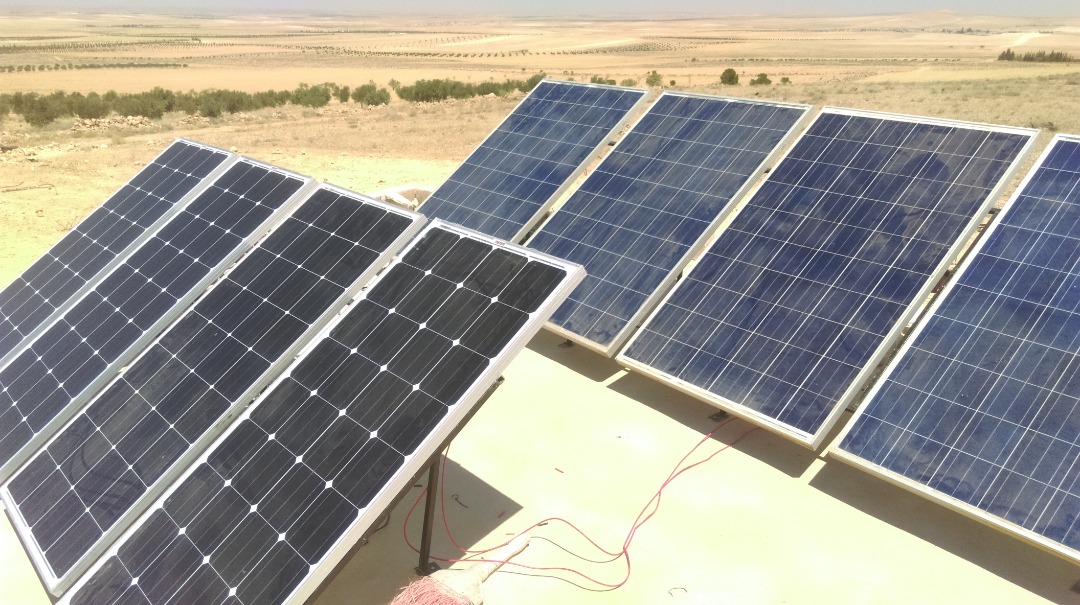Location(s)
Tags
SDG(s)
Sustainable Development Goal(s)
Powered by


SDG(s)
Sustainable Development Goal(s)
 1No poverty
1No poverty 7Affordable and clean energy
7Affordable and clean energy 8Decent work and economic growth
8Decent work and economic growth 10Reduced inequalities
10Reduced inequalities 12Responsible consumption and production
12Responsible consumption and productionPlease be aware that the content herein has not been peer reviewed. It consists of personal reflections, insights, and learnings of the contributor(s). It may not be exhaustive, nor does it aim to be authoritative knowledge.
DESCRIPTION: What did you observe, or what did people write or say?
PHOTO/ ILLUSTRATION: Please provide a photo or an illustration of what you observed.

NEED: What need does this answer?
INSIGHTS: What lessons can be learned from this observation?
Comments
Log in to add a comment or reply.